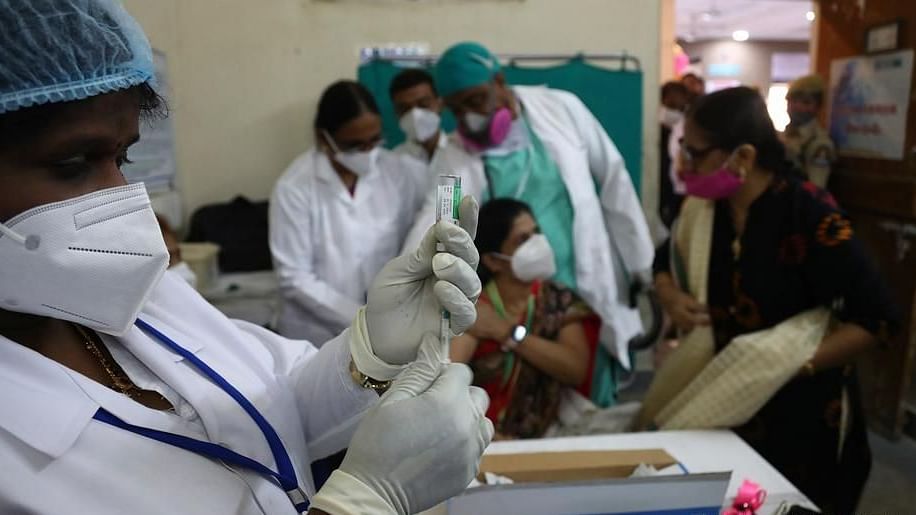A technology to help in precise surgery and treatment of tumour in cancer patients has been developed by the researchers at the Indian Institute of Science Education and Research (IISER) in Bhopal.
According to the researchers, the technology is able to deliver active molecules to specific sections of proteins and thus it can help to get rid of the tumours without harming the patient’s healthy cells.
The development of the Linchpin Directed Modification (LDM) platform has been described in three papers published in the Journal of the American Chemical Society, Angewandte Chemie and Chemical Science.
“Successful platforms for precision engineering of proteins depend on the core understanding of molecular and social behaviour of proteins in the chemical reactions. “Protein modifications typically involve attaching specific chemicals to strategic sections of the proteins. Such protein modifications are commonly seen in nature, but the intricate machinery is challenging to replicate in the lab,” said Vishal Rai, Associate Professor, Department of Chemistry, IISER Bhopal.
“The difficulty in attaching specific tags, markers, and therapeutic molecules to specific protein regions arises from the complexity of the protein structure and the non-specific nature of many of the modifiers,” Raj added.
He said, the LDM platform is empowered by reagents made of three key components. This platform does not modify the structure or functions of the native protein which is the key advantage of the LDM platform.
The LDM reagents can precisely label biologically active molecules such as antibodies that can be delivered accurately at the designated cells.
The LDM molecule successfully delivers homogeneous conjugate of a monoclonal antibody and drug for selective inhibition of breast cancer cells was shown by the research team.
“The LDM platform provides unprecedented control over precision in protein engineering and a very powerful chemical toolbox for biology and medicine. The platform will help cancer patients with precise imaging-guided tumour surgeries and directed cancer chemotherapeutics in the coming years. In other words, the technology would empower us to get rid of the tumours without harming the patient’s healthy cells,” he added.











